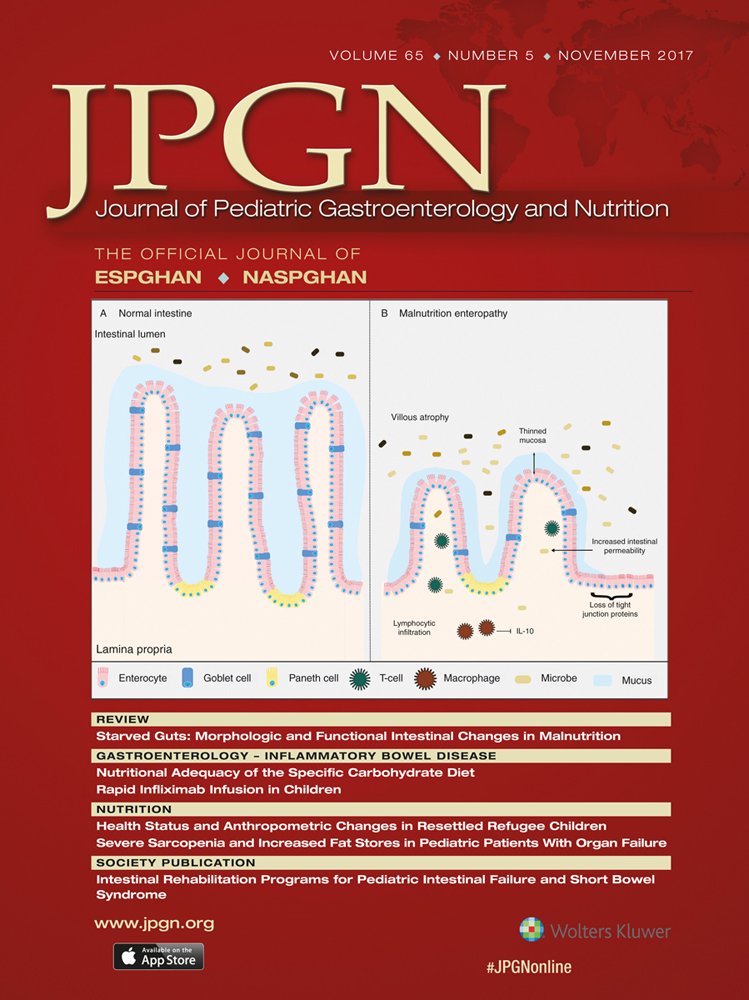Anxiety Associated With High-resolution Anorectal Manometry in Pediatric Patients and Parents
The authors report no conflicts of interest.
ABSTRACT
High-resolution anorectal manometry is an increasingly common procedure performed in pediatric patients to rule out Hirschsprung and assess anorectal function and sensation. The purpose of the present study was to evaluate anxiety of patients and their parents associated with high-resolution anorectal manometry. Preprocedural anxiety was assessed by standardized questionnaire in all parents and children older than 8 years and observed behavioral distress was recorded by the attending pediatric gastroenterologist. Thirty-five children (mean age = 7.2 years, ±2.8) and their parents completed the study. Patient anxiety was found to be markedly elevated. Observed behavioral distress was elevated compared to more invasive procedures. Self-reported parental anxiety was comparable to adults undergoing endoscopic procedures themselves. Despite the low risk of this procedure, healthcare providers should be aware of the high levels of anxiety and distress that occur in patients and their parents associated with anorectal manometry.




